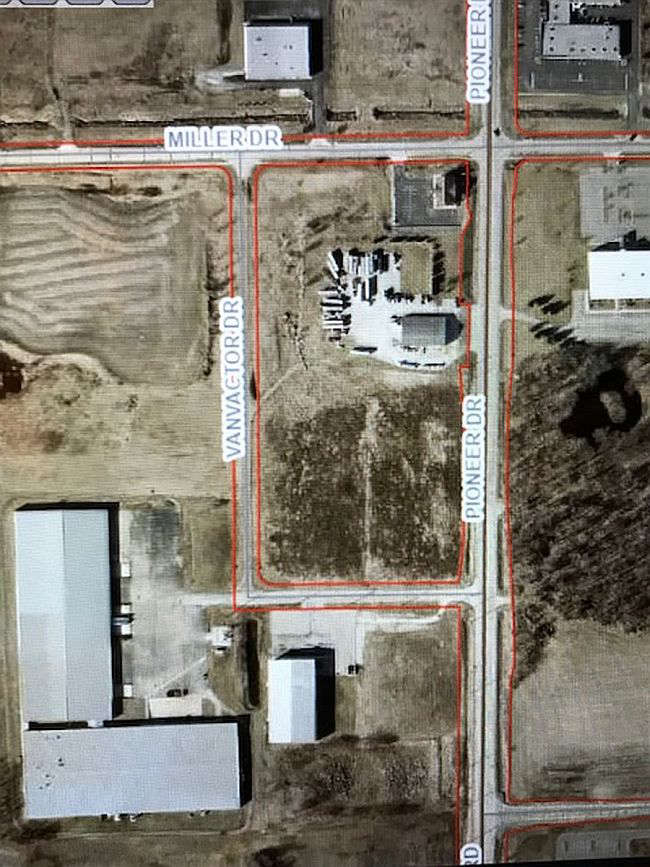
Northern Indiana Public Service Company (NIPSCO) LCC announced today that natural gas residential customers can expect an increase in their winter heating bills this season compared to last year. Based on current market projections and assuming normal winter weather, bills for natural gas residential customers are estimated to be 15 percent higher in contrast to cost at this same period in 2023, and 17 percent lower compared to the recent peak experienced in 2022.
Each year, NIPSCO and other Indiana energy companies provide a forecast for home heating bills during the upcoming winter months. Projections are based on market forecasts, supply trends and storage levels, as well as normal weather forecasts. If temperatures are colder or warmer than normal, usage amounts and bills could differ.
Over the course of the upcoming five-month winter heating season — Nov. 1 to Mar. 31 — NIPSCO’s average natural gas residential customers using 625 therms could expect to pay approximately $555 total. This compares to $483 during last winter’s heating season, and it represents about a $72 difference (15 percent) or $14.40 per month on average from November to March.
There are two primary components of natural gas bills – the cost of delivering natural gas to customers and the cost of natural gas itself.
A NIPSCO natural gas base rate increase was approved by the Indiana Utility Regulatory Commission (IURC) this summer, and the first phase went into effect in August 2024 with a second step change to occur in Q1 2025, no later than March 1, 2025. The change in natural gas base rates relates to the NIPSCO Winter Gas Bill Comparison 2024–2025 (projected) 2023– 2024 (actual) 2022– 2023 (actual) Usage (therms) Nov. $61.80 $55.74 $65.96 59.9 Dec. $103.59 $95.08 $127.58 115.2 Jan. $137.79 $119.76 $174.40 161.8 Feb. $136.31 $119.87 $176.03 157.4 Mar. $115.99 $92.50 $127.17 131.0 Total $555.48 $482.95 $671.14 625.3 *Note: Actual bills vary by customer depending on the home’s age and size, number in the household, number and age of gas appliances, thermostat settings and insulation levels. costs associated with delivering natural gas to customers, which comprises a smaller portion of the bill. NIPSCO’s projected increase in this winter’s gas bill is primarily attributed to the most recent rate increase approved by the IURC.
For the cost of natural gas itself – which is largely dependent upon market prices – NIPSCO does not control these costs. The company passes them directly through to customers with no markup and does not profit on that portion of the bill. Natural gas commodity costs must be reviewed and approved by the IURC. Natural gas market prices are flat in comparison to last year.
To help ensure customers receive the best price for natural gas, NIPSCO purchases gas in the market from a variety of supply sources throughout the year. Gas storage is also used to help offset market price volatility by purchasing gas throughout the summer months and putting that gas into storage for use during the winter months. Purchasing supplies over time levels out the peaks and valleys of natural gas prices and provides more price stability for our customers. NIPSCO’s gas distribution system consists of two on-system storage facilities and connects to seven interstate pipelines providing access to major North American supply basins.
Managing costs to ensure the delivery of natural gas to homes and businesses without compromising safety, reliability and integrity is vital, and NIPSCO is improving its systems and implementing technologies to create long-term efficiencies for the benefit of customers.


 Board of Public Works & Safety confronted on VanVactor Drive name change, asked to change it back
Board of Public Works & Safety confronted on VanVactor Drive name change, asked to change it back
 County Police arrest Grand Rapids man for driving without a license
County Police arrest Grand Rapids man for driving without a license
 66-year-old Plymouth man arrested for intentionally driving without a license
66-year-old Plymouth man arrested for intentionally driving without a license
 Bourbon teen arrested, driving 102 MPH on U.S. 30
Bourbon teen arrested, driving 102 MPH on U.S. 30
 Marshall County Communiity Foundation awards spring 2025 grants
Marshall County Communiity Foundation awards spring 2025 grants
 Become a lifesaving volunteer by giving blood with the Red Cross
Become a lifesaving volunteer by giving blood with the Red Cross
 Motorists: stay alert and share the road with farm equipment this spring
Motorists: stay alert and share the road with farm equipment this spring
 Governor Braun Announces Partnership between Indiana Excise Police, Indiana State Police to crack down on crime involving ‘nuisance bars’
Governor Braun Announces Partnership between Indiana Excise Police, Indiana State Police to crack down on crime involving ‘nuisance bars’




